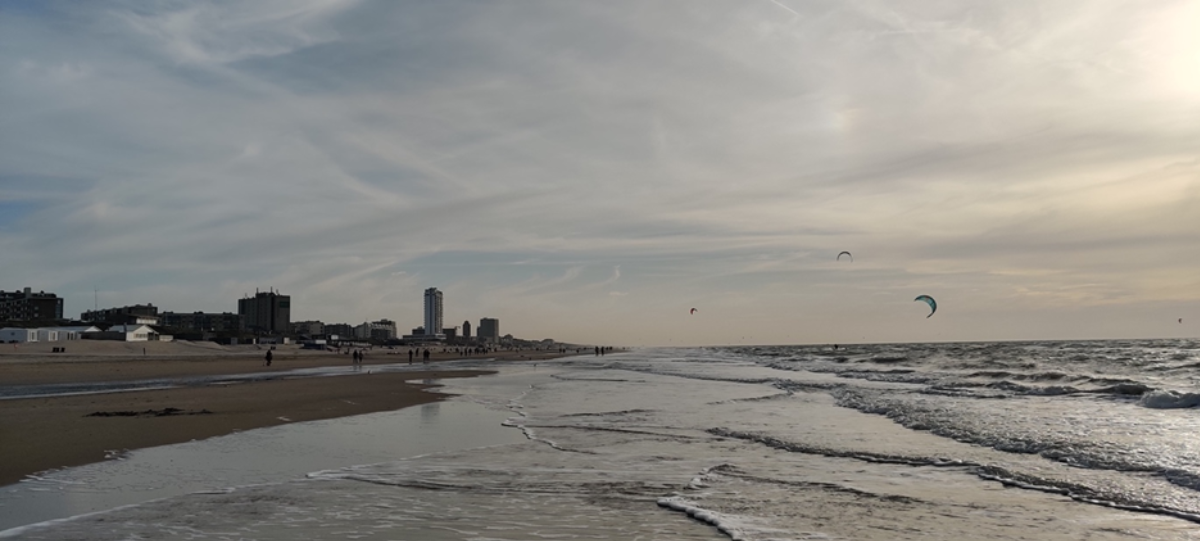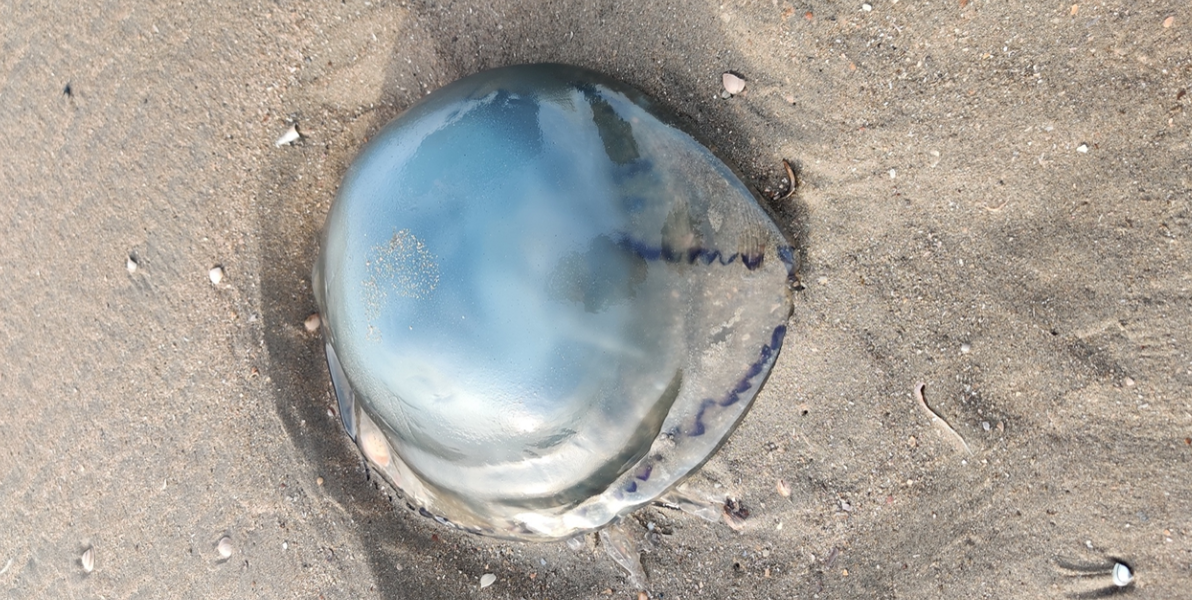A Recap of UU-NIOZ Early Career Scientist Symposium 2023: Connecting by the Sea

By Daan Reijnders, Miriam Sterl and Michael Denes
Kicking off with a casual dinner on Monday evening, the symposium began on a social note. Attendees mingled from the start, and the evening continued with an ocean-themed pub quiz, which helped to foster inter-institute team spirit (and some healthy competition). It turns out that even ocean scientists still have many basic facts to learn, such as the amount of corn starch needed to turn the ocean into a thick goo! As we broke the ice, we also talked about our diverse scientific environments and about our shared experiences in the world of research.
Tuesday, the focal day of the symposium, turned attention toward an important theme: the role young scientists might play in tackling crucial issues like climate change and biodiversity loss. A hearty breakfast and, for some, a morning dive paved the way for the plenary session. Opening the day, Rozemarijn Roland Holst (Durham University) shared valuable insights into the realm of International Environmental Law - a new perspective for many ocean-focused researchers present. Rozemarijn provided a case study centered on the small island states' court case, offering a lens to explore the role and responsibilities of experts in legal matters vital for protecting the oceans and societies. The following talks by Sjoerd Groeskamp (NIOZ) and Reyer Gerlagh (Tilburg University) allowed a peek into their respective career trajectories in physical oceanography and environmental economics, and the balanced roles of luck and actively shaping one’s own life course. They also explored the nuanced roles of science communication and activism in a scientific career. This segment concluded with an interactive panel discussion, moderated by Siren Rühs (UU), which encouraged reflection and engagement from the audience on each of these topics.

After a lunch interlude, the program segued into parallel sessions touching upon scientific storytelling, non-academic career pathways, and the intricacies of building transdisciplinary research. The career panel with Maaike van der Kamp-Romijn (Director of Research & Education at Naturalis Biodiversity Center), Marc Besseling (Bioinformatics teacher at Hogeschool Leiden), and Douwe Maat (Researcher and microbiology advisor at Deltares), showed how many careers outside of academia can still include many aspects that may have drawn us to academic research. In the scientific storytelling workshop, led by NRC journalist Gemma Venhuizen, we were encouraged to see our own research in a new way by writing sciku’s (scientific haiku’s) and love letters to our research topics. The love letters displayed a wide range of relations between scientists and their research subjects, ranging from steady long-term relationships to unrequited love or even broken hearts. The third session, on shaping transdisciplinary research projects, was led by Annisa Triyanti (UU) and Aike Vonk (UU). Both speakers talked about the nuanced differences between disciplinary, inter-disciplinary, multi-disciplinary, and trans-disciplinary research, and their experiences conducting research in each format. A major take-away (other than the many benefits that transdisciplinary research can have) was that defining an answerable research question that is relevant to a wide range of disciplines can be very difficult.
The day wrapped up with a scientific poster speed dating session, where we were immersed in each other’s research. It was inspiring to see how the diverse approaches of different research groups all converged on shared foundational ocean themes, such as ocean carbon uptake
UNECSS 2023 also served as a reflective pause, allowing us, as scientists from two intertwined organizations, to evaluate our connections to each other and to society. And where better to do this than right beside our shared subject of research – the ocean!

